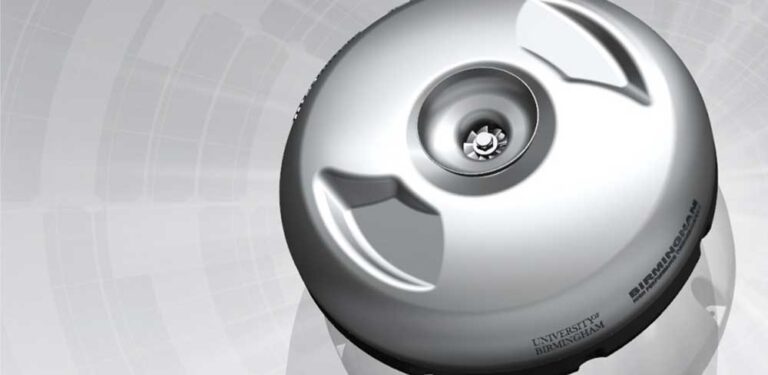Scientists at the University of Birmingham in the UK are developing turbo gas turbine engine technology in partnership with Chinese company Wuxi Yuanchang. The university have received a £554,000 US$723,400 grant from Innovate UK to aid development.
The new engine uses air bearings to reduce friction and wear, while improving efficiency. Compared with conventional piston engines, the innovative design promises cut NOx emissions by 85%.
Primarily designed as a range extender for electric vehicles, the engine can also be used as a compact power source for unmanned air vehicles, boats, buses and lorries.
Professor Kyle Jiang, director of the Research Centre for High-performance Turbomachinery at the University of Birmingham, said, “This is a radically different proposition to current piston engines. Ours has much higher thermal efficiency and much lower emissions.
“Current range extending engines are all piston-driven, but gas turbine range extenders are superior technology. We believe that this innovation will give a competitive edge to the British automotive industry and have a major impact on the European light vehicle market, which is worth around half a trillion euros.”
A UK-based company, Birmingham High Performance Turbomachinery, has been set up to design and construct the engine. The Chinese company Wuxi Yuanchang, based in Jiangsu, will develop a high-speed electric generator to be installed on the engine.
“Electric vehicles feature zero emission and excellent driveability but traveling range per charge has reduced their public appeal,” added Jiang.
“Adding batteries is one solution to extend range, but this increases a vehicle’s weight and cost considerably. Some companies use a small piston engine with an electric generator, but emissions and thermal efficiency are worse than those of bigger piston engines per unit power output.”


